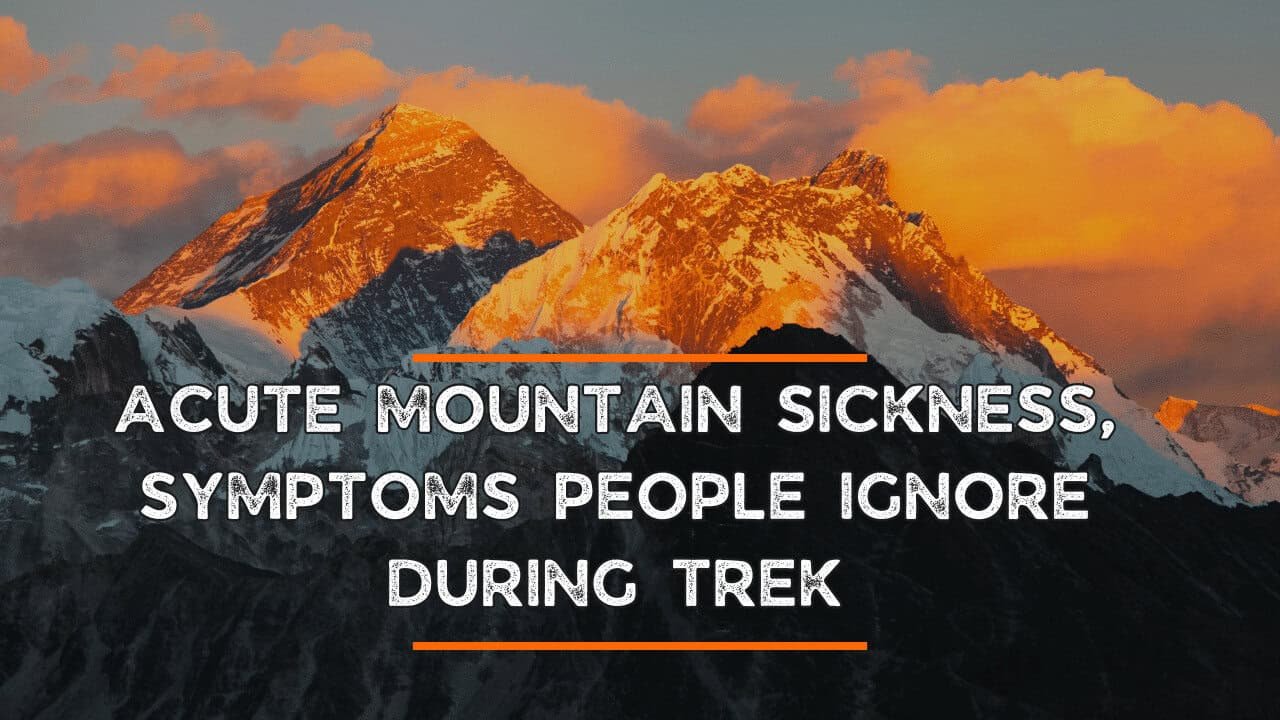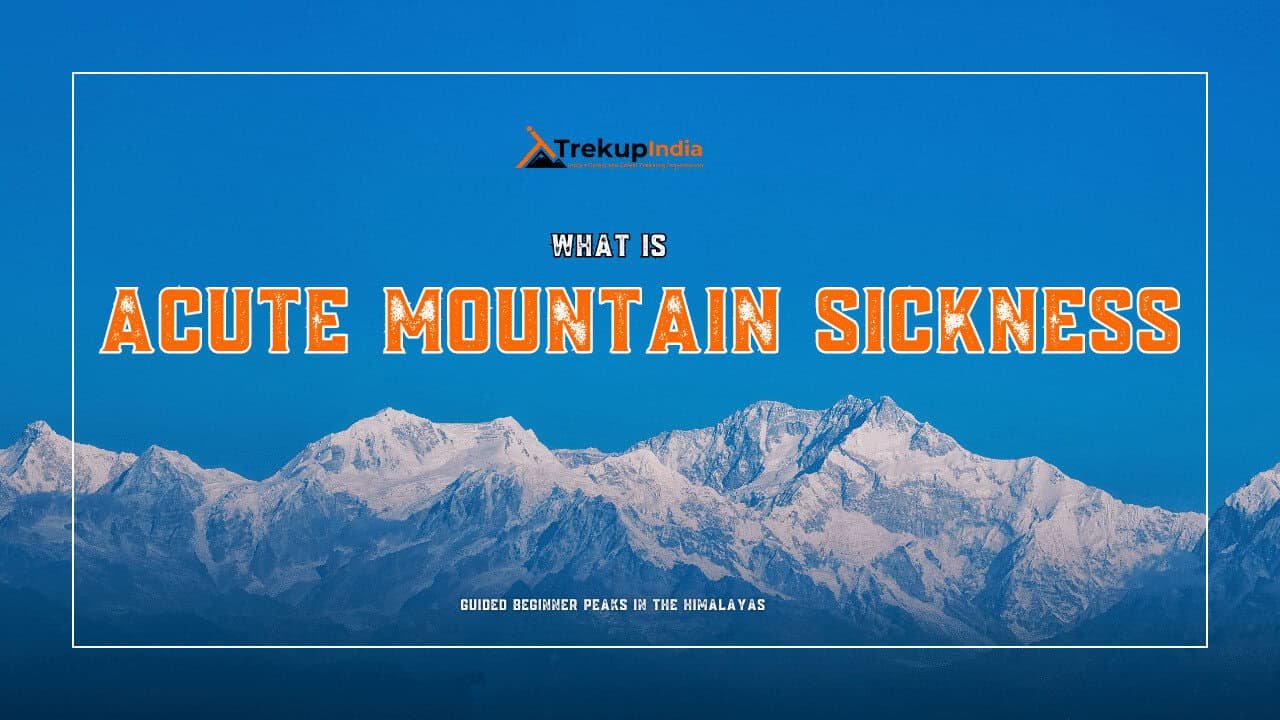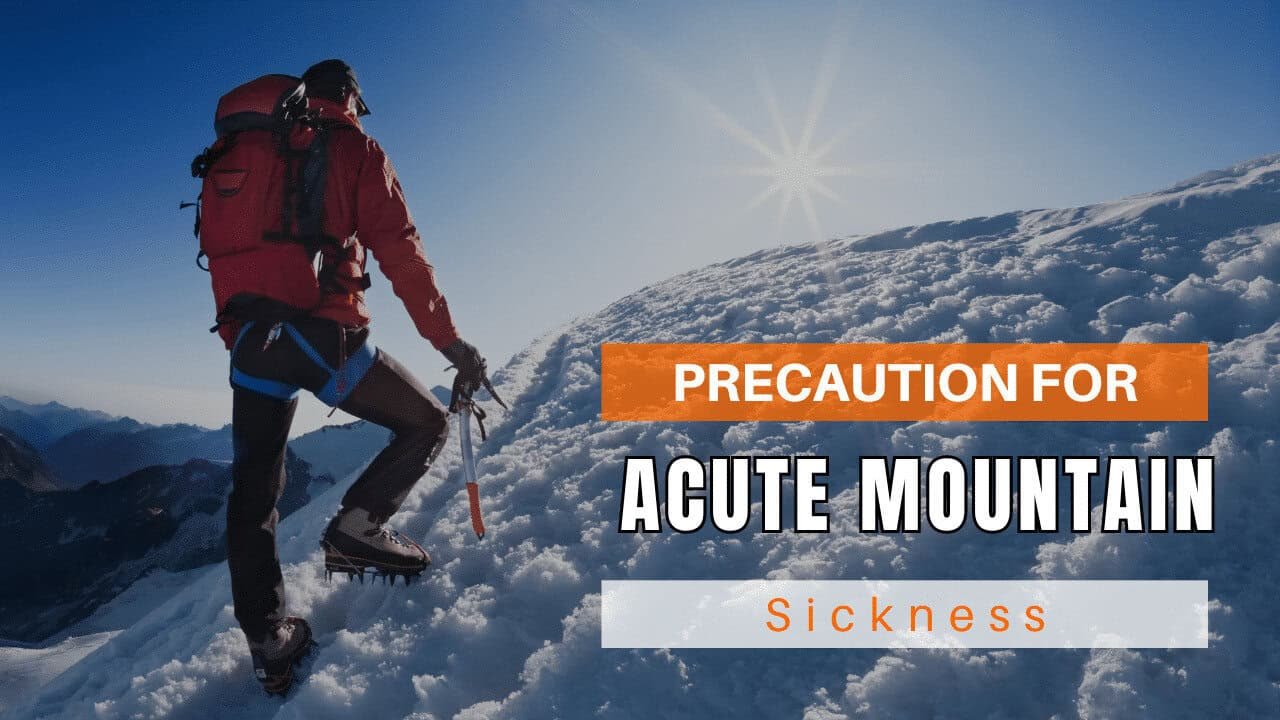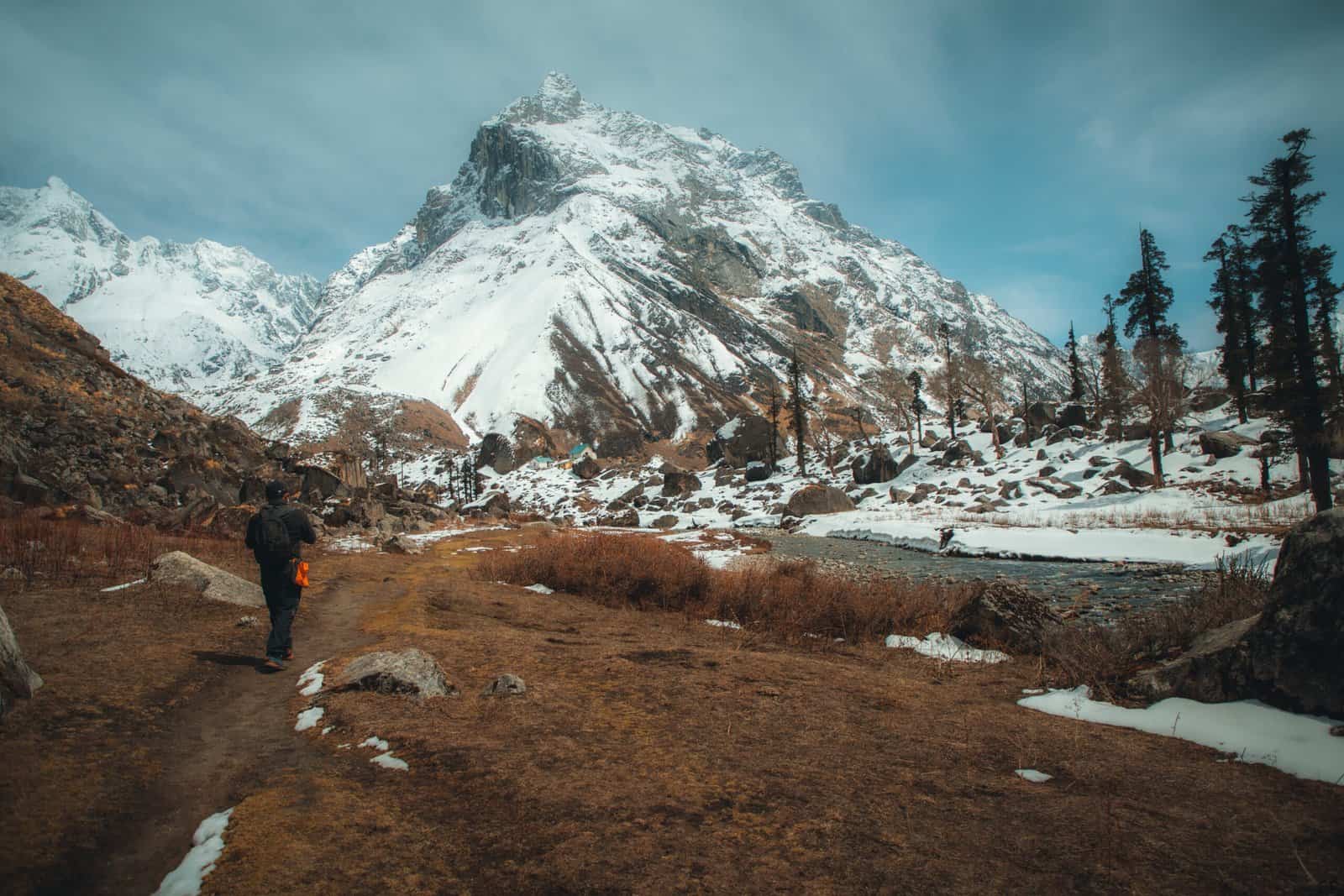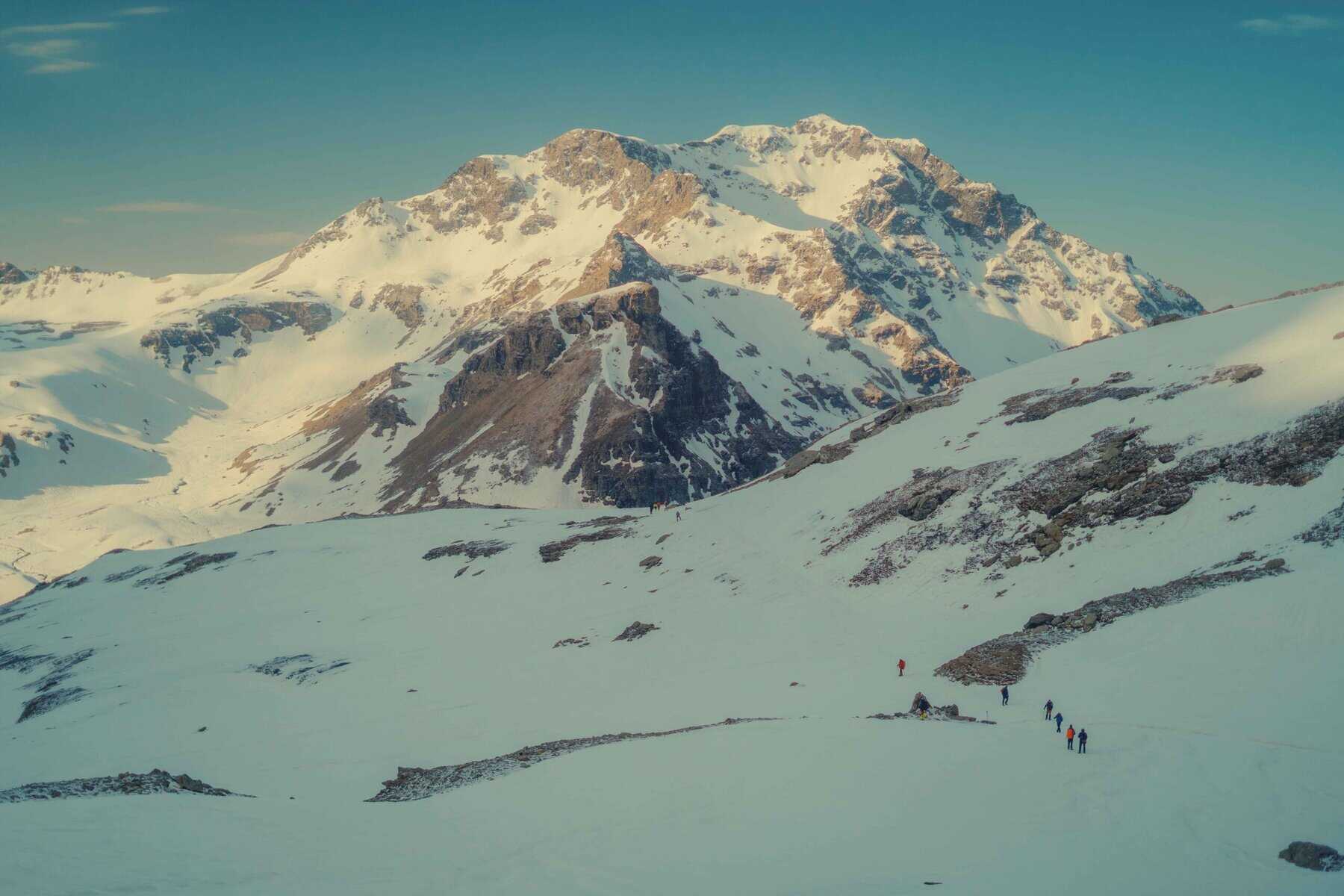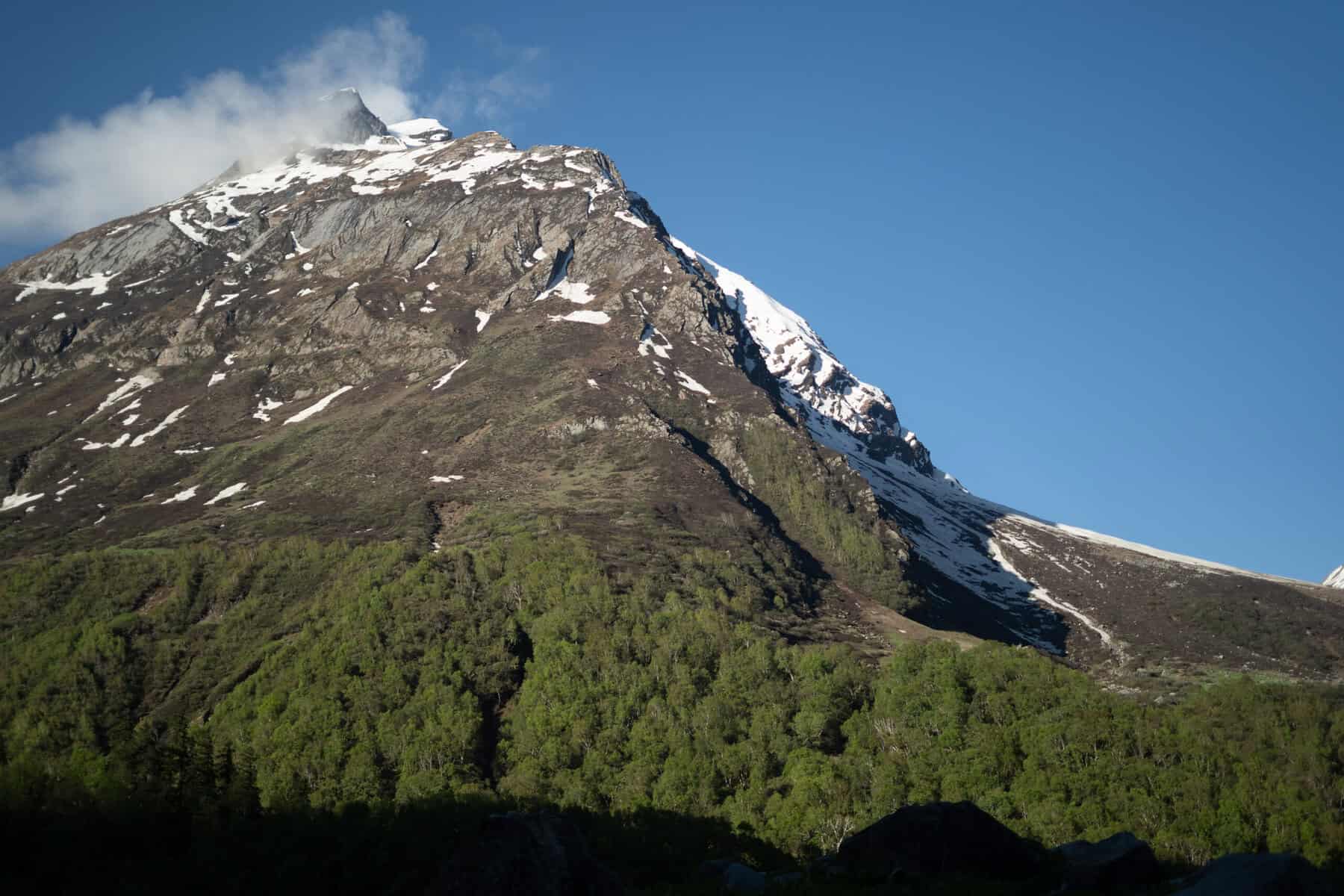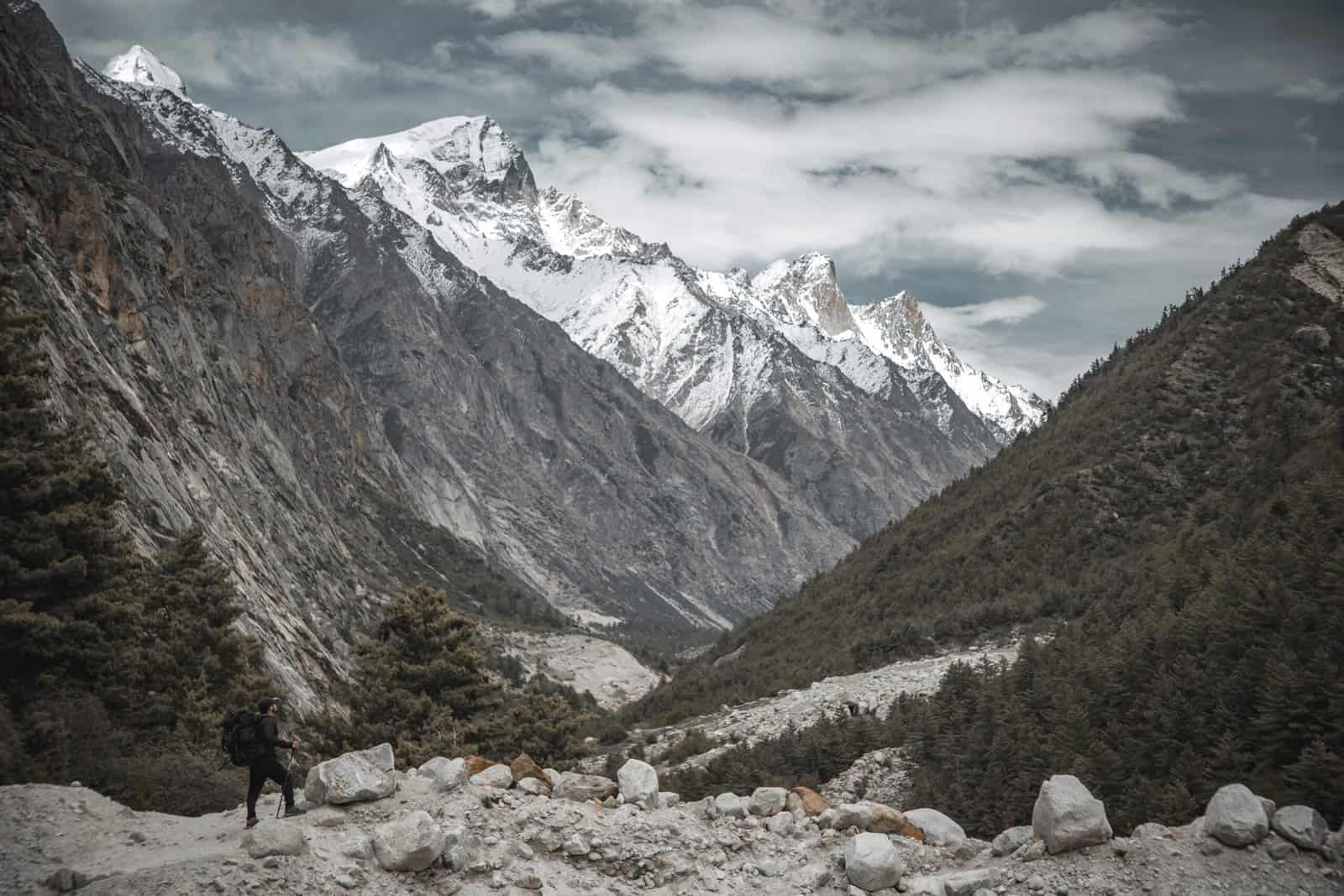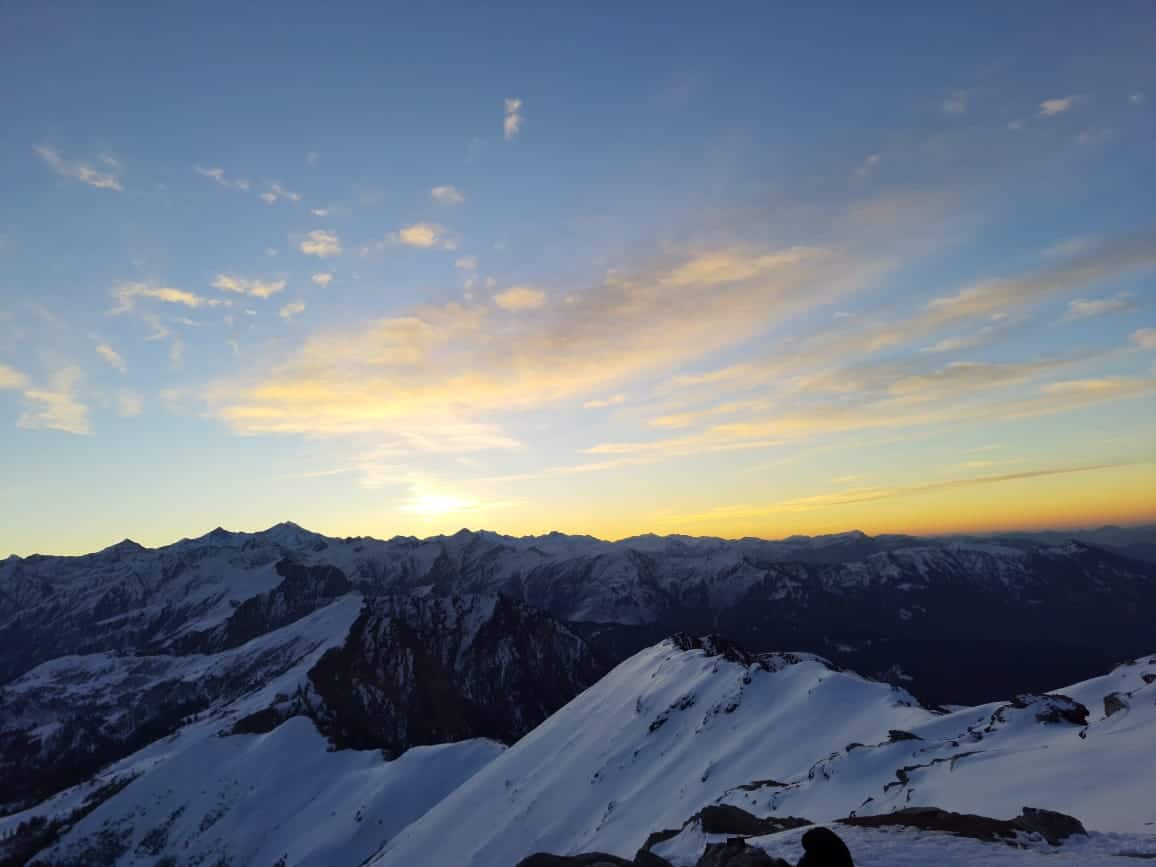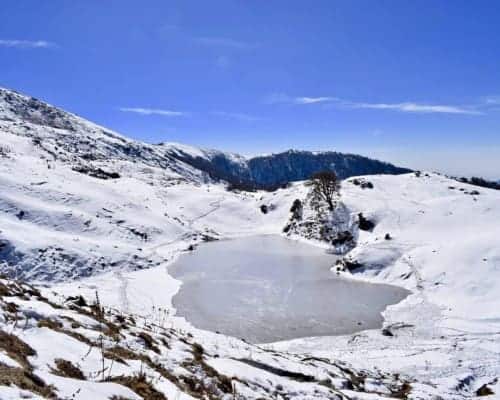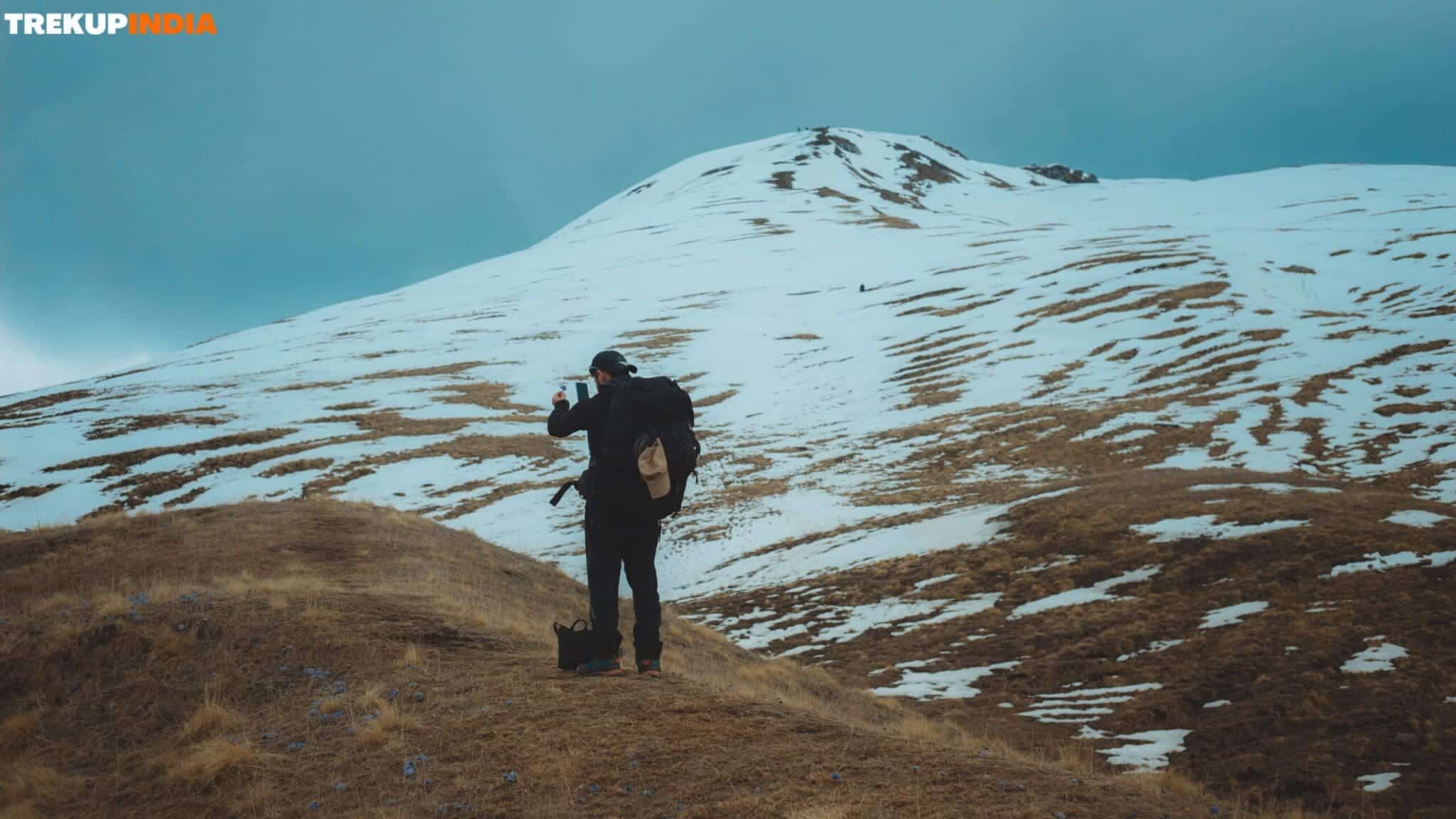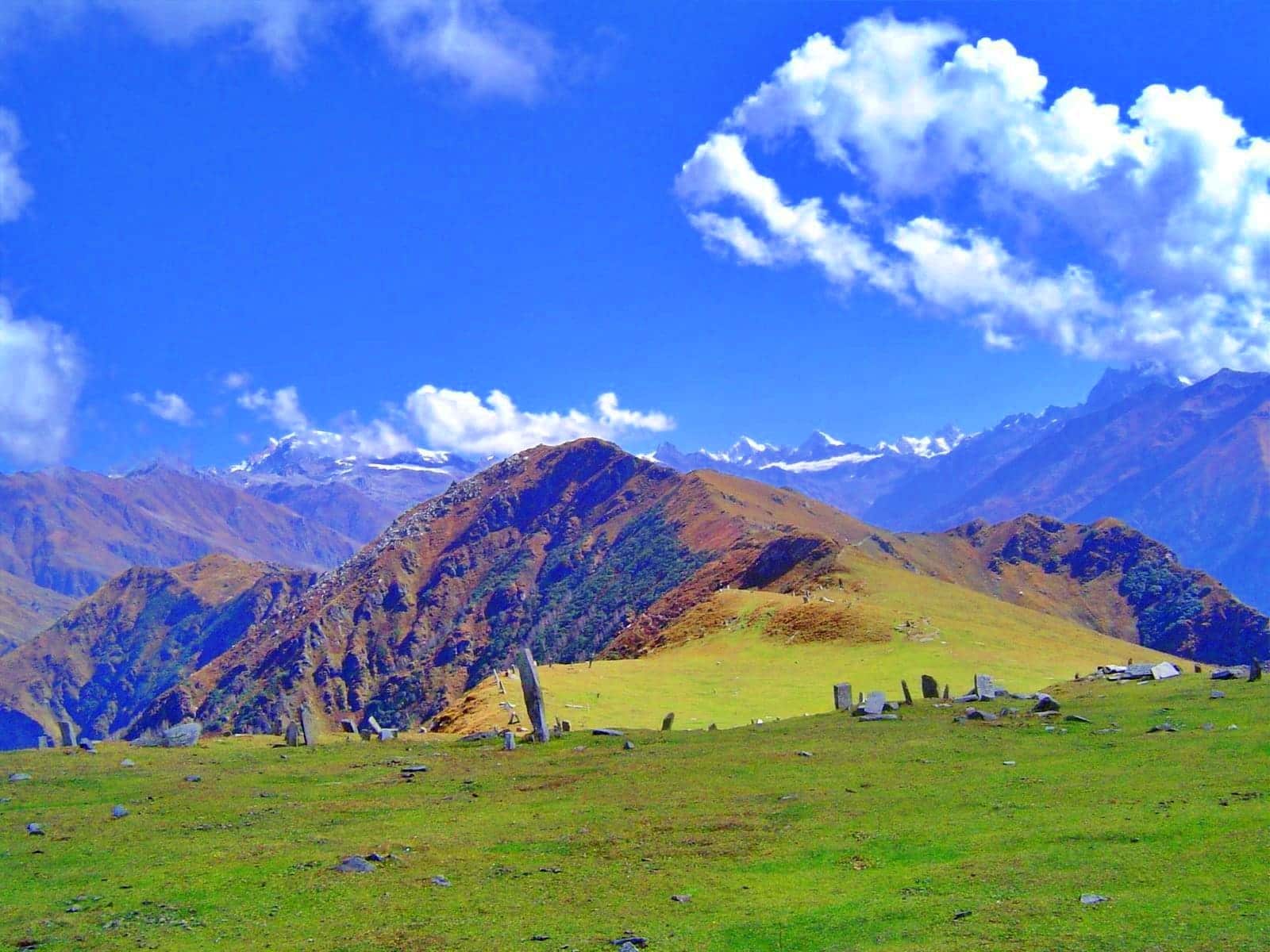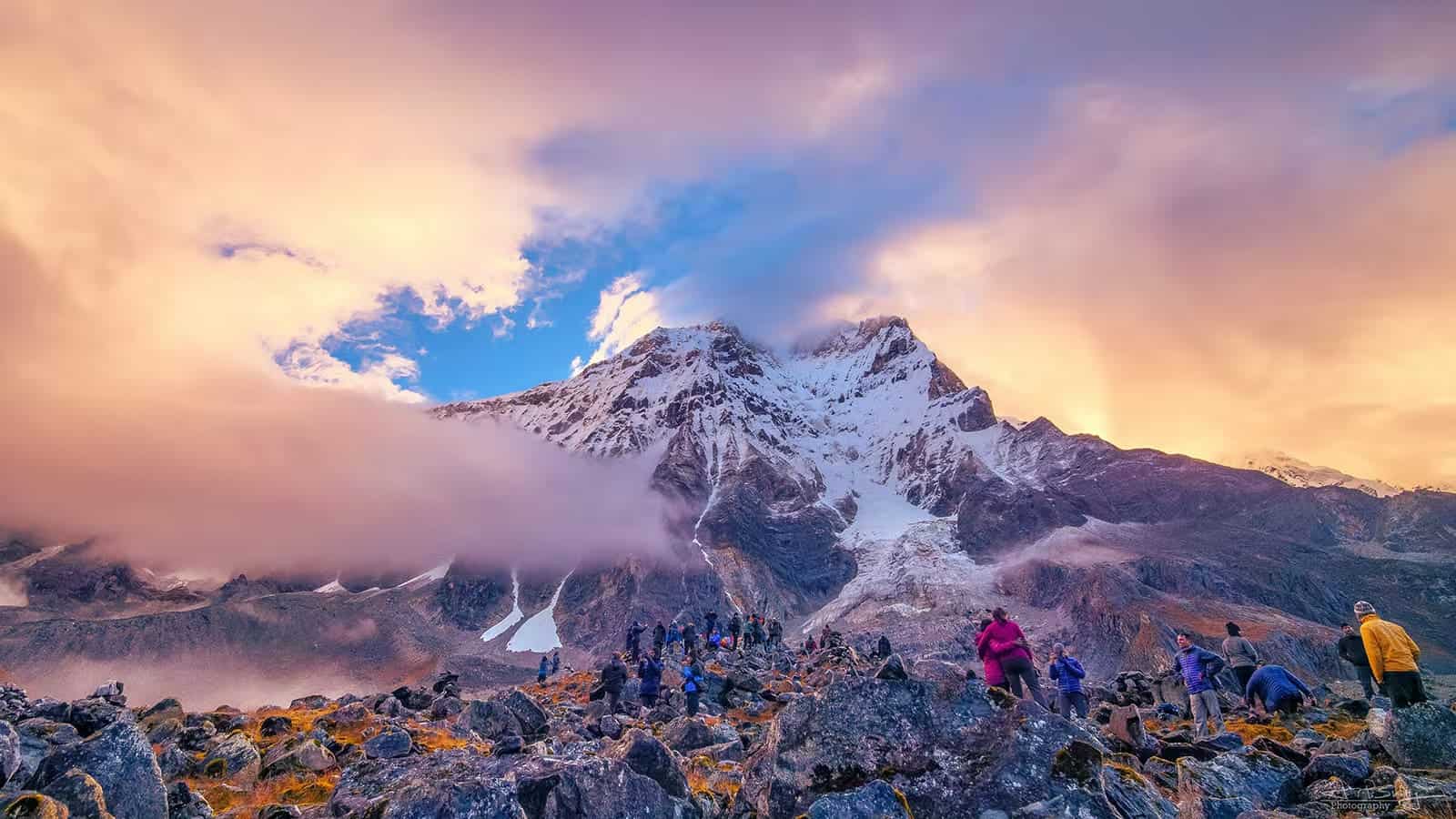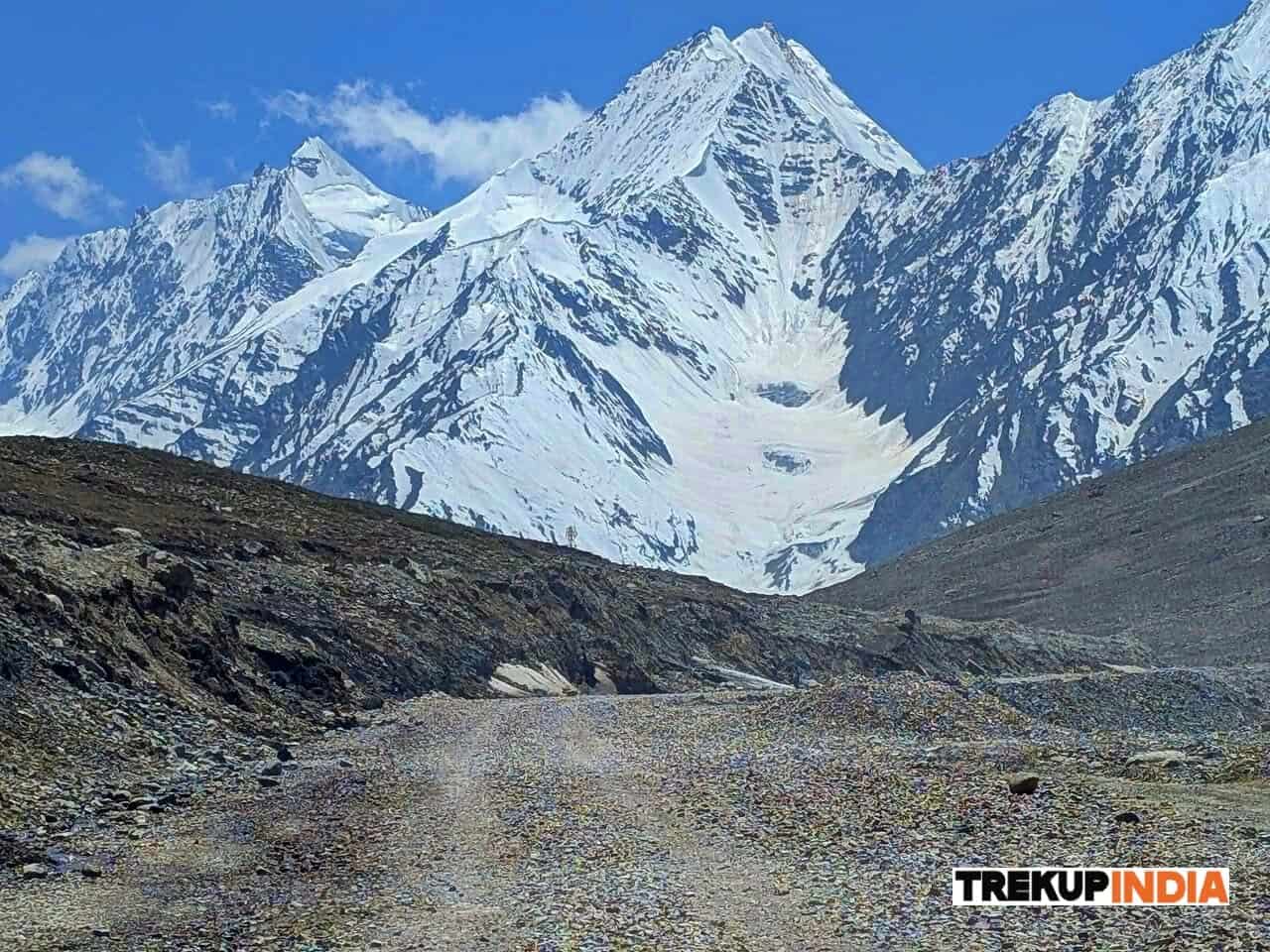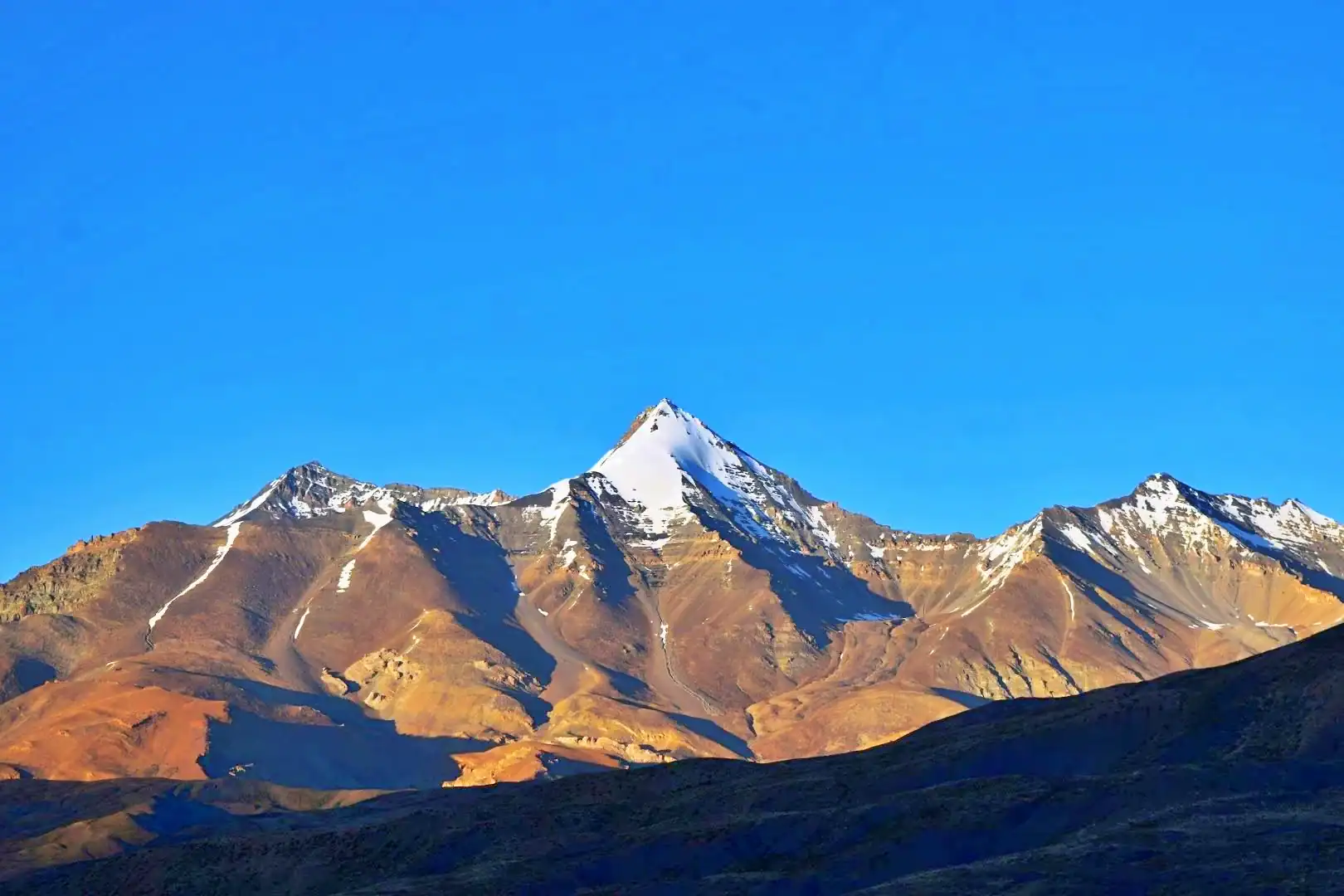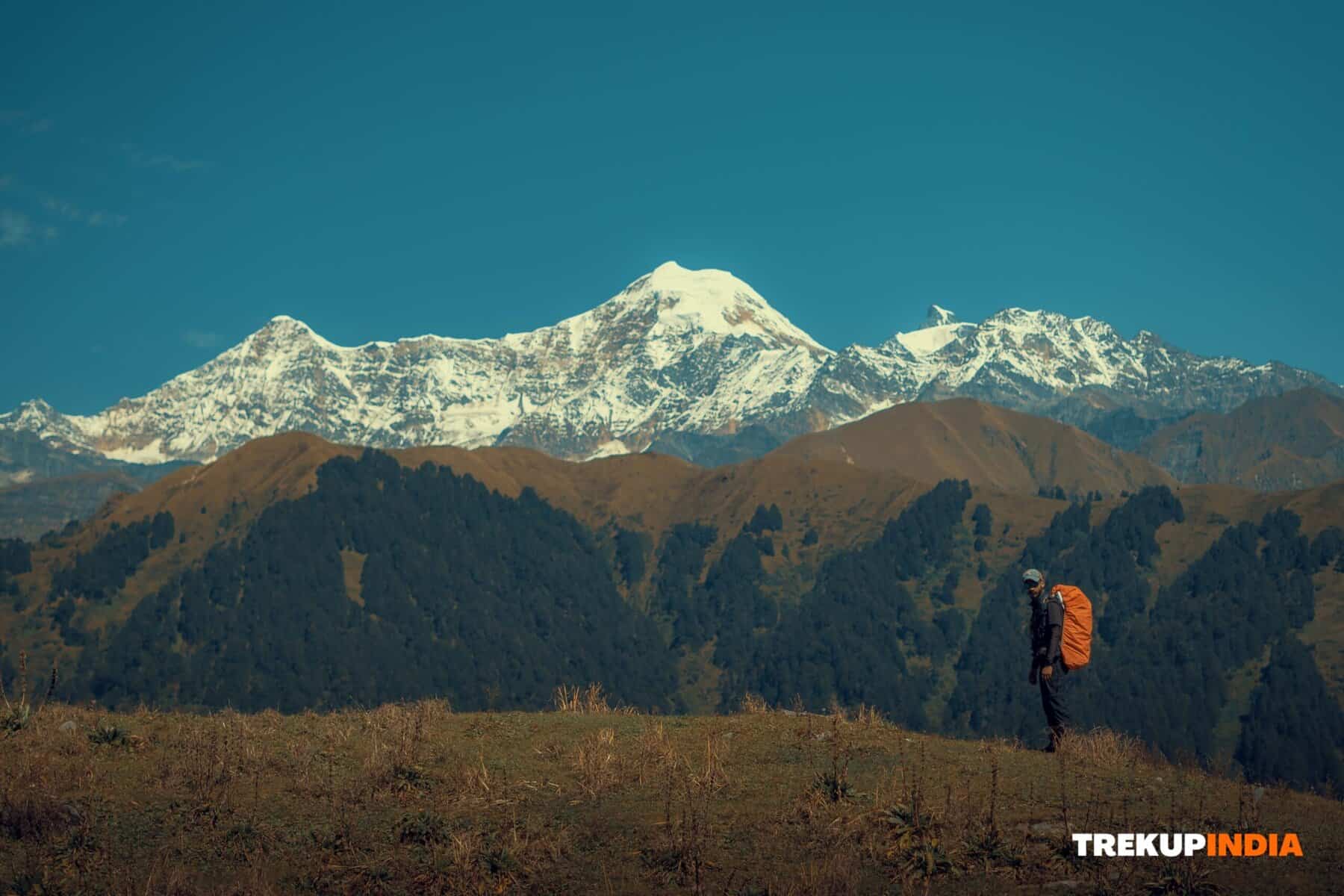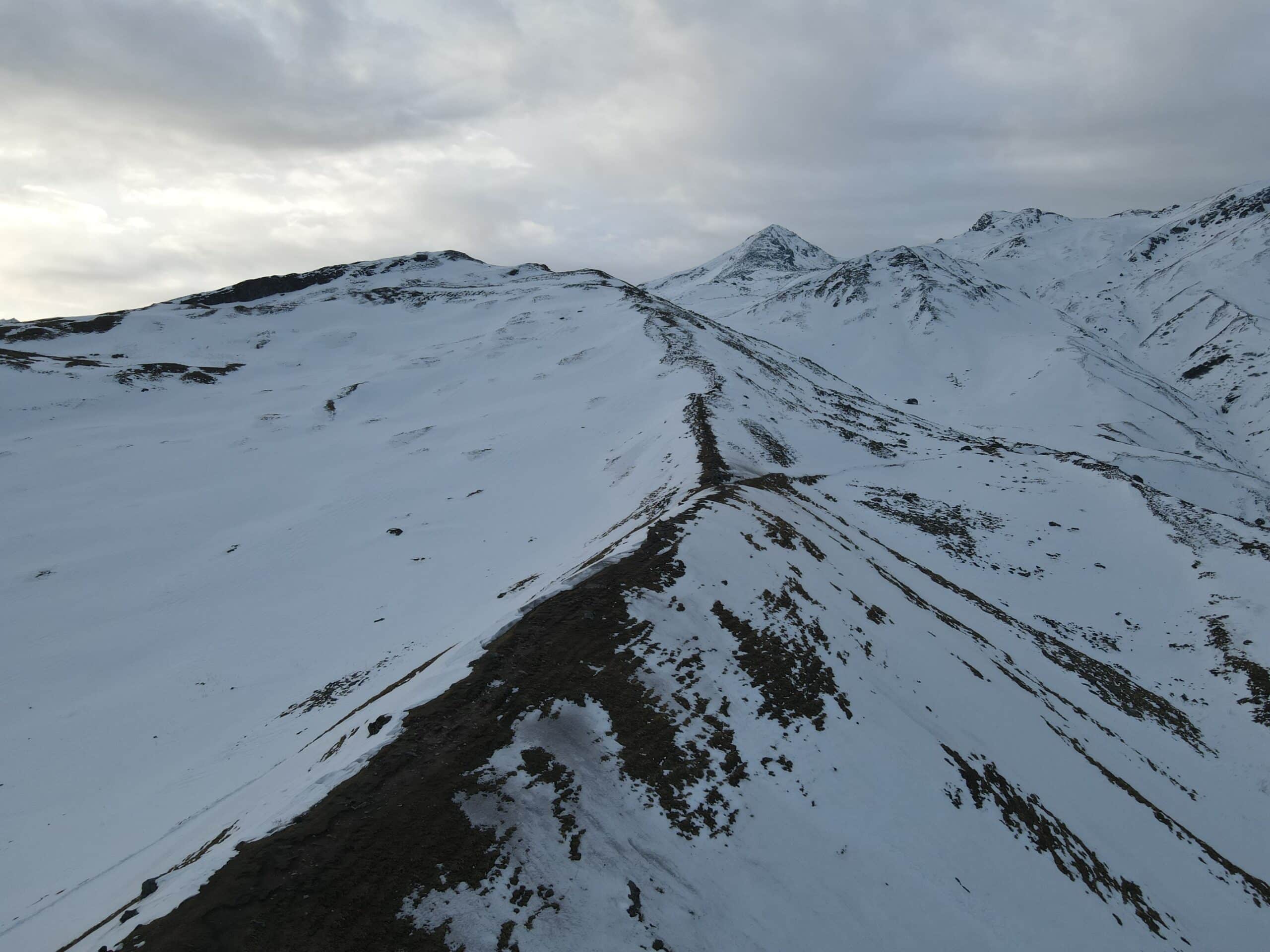When and Why Trek Cancellations Happen | Trekup India Insights
Trekup India is a place where you can experience the best of both worlds. Trekup India we are obsessed with the mountains, We dream of beautiful trails, stunning summits, and the joy that comes from sharing an adventure. The decision to cancel the trek is probably the last thing we’d ever want to do as it upsets the trekkers as well as sabotages our enthusiasm. But, the mountains are unpredictable and deserve a great deal of respect. Your safety is our primary concern. Sometimes, cancellation is the only choice that’s safe.
Knowing what and what happens when this is happening, and also how Trekup India handles it according to our Terms and Conditions helps to manage expectations and establish trust. Let’s open the curtains:
The Uncontrollable Forces: Why Treks Get Cancelled
Nature’s Fury: Extreme Weather & Natural Disasters:
- Landslides and heavy rainfall: Monsoons or unexpected downpours can cause trails to be impassable or unstable. They could also be vulnerable to landslides that are dangerous. Access roads to base camps could also be obstructed.
- Extreme Snowfall/Avalanche Risk When trekking in winter abruptly heavy snowfalls or an avalanche risk high could make trails dangerous.
- Whiteouts and Blizzards: Storms that are severe drastically decrease visibility, can cause hypothermia and can make navigation difficult.
- Forest Fires: Major natural catastrophes pose immediate and serious dangers.
- Our Approach: We constantly monitor weather forecasts, satellite data along with ground report reports provided by authorities as well as by our ground teams. If the conditions present a substantial chance of cancellation, it’s inevitable.
Safety First: Government Orders & Route Closures:
- Forest Department/Government Bans: Authorities may close national parks, forests, or specific routes due to wildlife activity, political unrest, environmental concerns, or unforeseen hazards.
- Permit Denials/Revocations: Trekking permits are obligatory. If a permit is denied or cancelled at the last minute by authorities the trek is not able to proceed.
- Our Action: We maintain close communication with relevant departments. If an official closure or ban is enforced, we have no choice but to comply and cancel.
Operational Necessity: Minimum Group Size:
- What’s the point? A trek includes guides, staff members permits, logistics, and equipment. To ensure safety, quality standards as well as operational viability, Most treks require the minimum size of group (6 to 8 participants).
- Our Approach: If bookings fall substantially below this threshold prior to day of departure (despite our efforts to market). In such cases, we always inform participants in advance and offer alternatives, such as date change or different treks – at no extra cost.
Force Majeure: The Truly Unforeseen:
- This refers to extremely unpredictable, unpredictability events that are beyond any control, which can make the trek difficult or dangerous. Examples include extreme crises in the political landscape, massive diseases (beyond normal travel warnings) or even massive infrastructure failures.
- Our Approach: We assess the circumstance thoroughly. If it’s real Force Majeure event making the trek extremely risky or impossible. Then we have to cancel the trek.
When Cancellations Typically Happen:
- Well in advance (Days/Weeks): Often because of a drop in size of the group (we strive to inform you immediately when the decision is made) or the government’s pre-emptive bans or forecasts that show extended severe weather.
- The Last Minute (Days/Hours Prior to): Primarily driven by extreme weather conditions (like an sudden cyclone or a massive snowfall, rainfall) and immediate government closures or unexpected road blockages hindering from accessing the base camp.
Trekup India's Policy: Transparency & Fairness (As per Terms & Conditions)
We recognize that cancellations can be disruptive. Our Terms and Conditions define a clear and well-organized refund policy that is fair and fair in covering the unavoidable costs of operation prior to cancellation
Refund Structure (Based on Cancellation Notice Period):
- 21+ days before trek:
– 10% deduction (GST & fees)
– 90% Trek Voucher (valid 1 year) - 15–20 days before trek:
– 30% deduction
– 70% Trek Voucher (valid 1 year) - 7–14 days before trek:
– 50% deduction
– 50% Trek Voucher (valid 1 year) - 1–6 days before trek:
– 100% deduction
– No refund or voucher
(Important Be sure to look up the cancellation page and the most up-to-date T&C on our site for specific percentages and timelines since they can differ somewhat for each trek).
The “Why” Matters for Refunds:
- cancellation via Trekup India (Due to Safety/Force Majeure/Group Size): The above refund policy is applicable.
- Cancellation for Trekkers: Our standard cancellation policy for trekkers is applicable (different from the above, typically with lower refunds nearer than departure). See our T&C for details.
- Vouchers Choice: In some cancellation situations (especially ours) we might offer an trek credit Voucher for the entire amount of the payment, which is valid for a future treks (validity time frame as per T&C).
What we cover for Refunds
Refunds cover the trek cost that you pay by Trekup India. The refund does not cover: doesn’t pay for:
- Personal travel costs (flights or trains, buses to the city of base).
- Food and accommodation outside of the trek route.
- Personal equipment or insurance.
- Any other additional incidental costs.
Our Proactive Approach: Minimizing Cancellations
- Secure Monitoring – Specialized team monitoring permits, weather, and local conditions 24/7.
- Transparent Communication – We inform trekkers quickly when significant risks are identified even if cancellations aren’t imminent.
- Flexibility (Where It’s Possible) – Sometimes, we are able to modify our itineraries (e.g. routes that are lower altitude) to prevent hazards however only if safety isn’t at risk. We inform our trekkers of these changes in a clear manner.
- Realistic Thresholds of Group Size – We set minimums carefully to ensure viability while maintaining an extremely high rate of confirmation.
Your Role: Be Prepared
- Check the T&C – Understand the cancellation and refund policy prior to making your reservation. It’s a part of your contract.
- Buy Trek/Travel Insurance Highly recommended and is often necessary – Comprehensive insurance covering “trek cancellation” due to cancellation by the operator or medical emergency or personal reasons particularly “adventure sports” is crucial. It is the most effective method to safeguard your investment, even beyond Trekup India’s policy of refund particularly for costs that aren’t refundable.
- Keep up-to-date – Check your emails and messages from us frequently especially when the trek date nears.
- Flexible mindset – Adventures in the mountains are characterized by a certain amount of uncertainty. Be open to the adventure spirit and know that safety comes first.
The Bottom Line
Trek cancellation, although very regrettable, it is a important safety tool. We at Trekup India, we don’t take it lightly. It is a result of our unwavering determination to bring our trekkers back from the mountains without any hassle, and with amazing memories and without unnecessary risk. Our Terms and Conditions offer a clear and concise framework for these events that are rare to ensure fairness and honesty. Through understanding how to answer the “why” and “when,” and then preparing for the event accordingly (especially using insurance) it is possible to make a reservation for an Himalayan trek by contacting Trekup India confidently, knowing that your safety is our top priority above everything else.
About Author
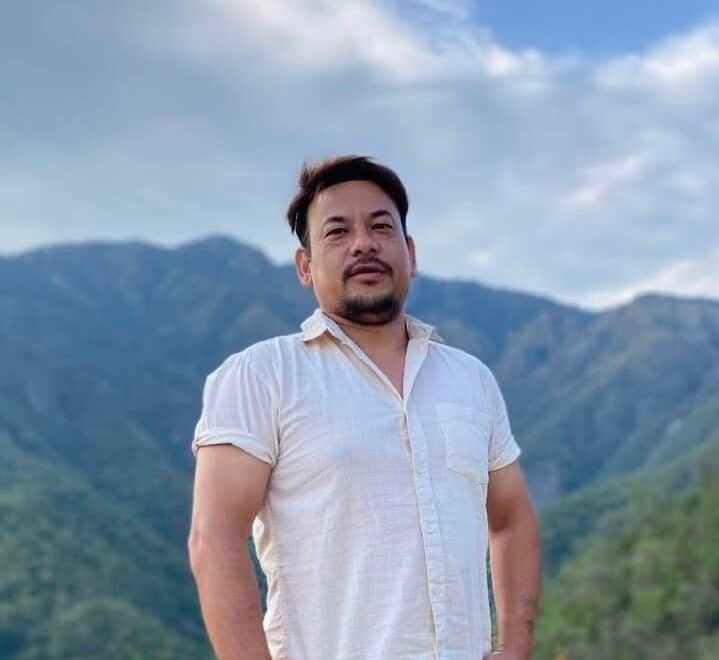
Nanda Rawat (Operation Manager)
Nanda Rawat holds a Master’s degree in Tourism and Hospitality and is a seasoned professional specializing in Adventure and Leisure Travel. As a travel specialist and consultant, his core mission has always been to deliver exceptional service by sharing the full breadth of his experience, ensuring client satisfaction on a global scale.
With over 16 years of experience, Nanda has worked with three well-established tourism companies, gaining deep insight into both inbound and domestic travel operations. He has contributed directly and indirectly to the Adventure Tour Operators Association of India (ATOAI) and has participated in multiple Immediate First Aid Training programs at the Indian Mountaineering Foundation (IMF).
In addition to his fieldwork, Nanda has shared his expertise through guest lectures in tourism and hospitality at various universities. He has independently led numerous expeditions across the Indian Himalayas and was actively involved in the rescue operations during the 2010 Ladakh flash floods.
In recognition of his outstanding coordination skills, he was honored with the Best Travel Coordinator Award by Joy James Educational Trust in 2012. A strong advocate of ethics, sustainability, and eco-tourism, Nanda takes great pride in being an integral part of Trekup India.
Write to him at: nanda@trekupindia.com
Share this article
Dates For Upcoming Treks
Want To Trek Like Pro?
Basically, watch these videos if you want to trek the same way professional trekkers do and make your skills better. These videos contain useful tips and techniques to further improve your trekking skills itself. These videos actually help both new and experienced trekkers improve their trekking skills. These videos definitely provide useful tips that make your trek better. We are seeing that these videos by Trekup India experts will only help you make your trekking skills better.
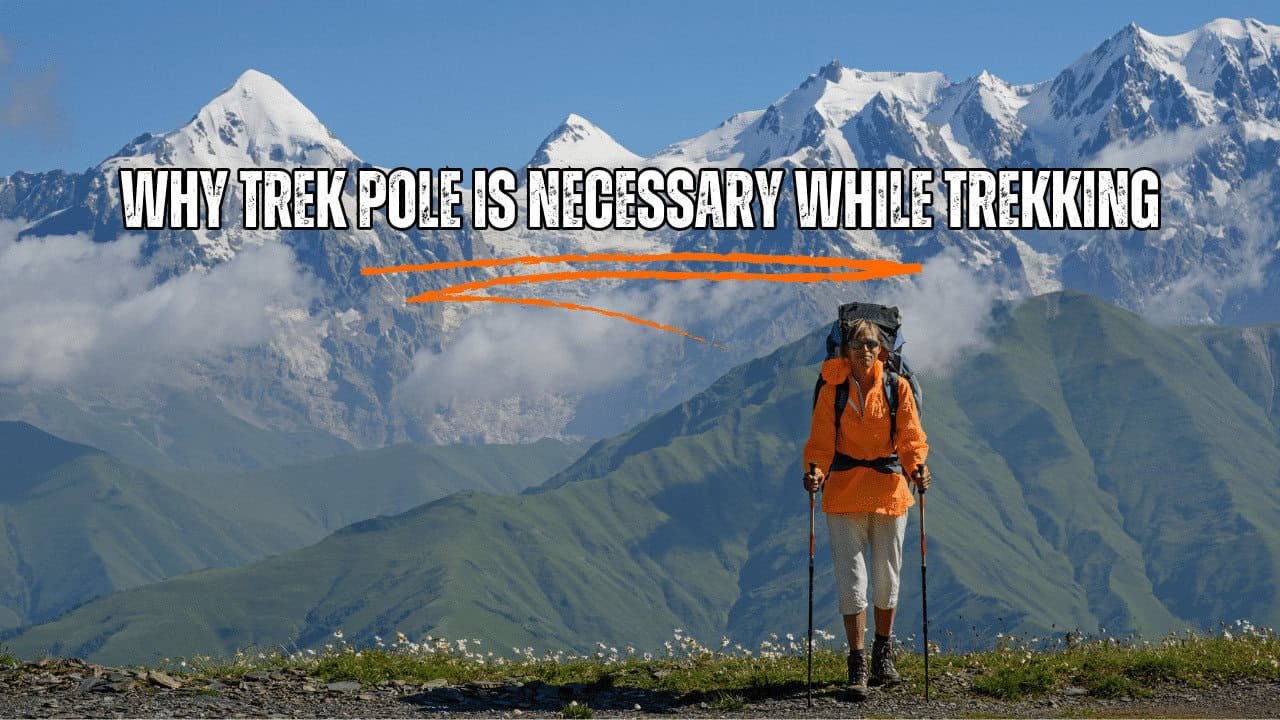
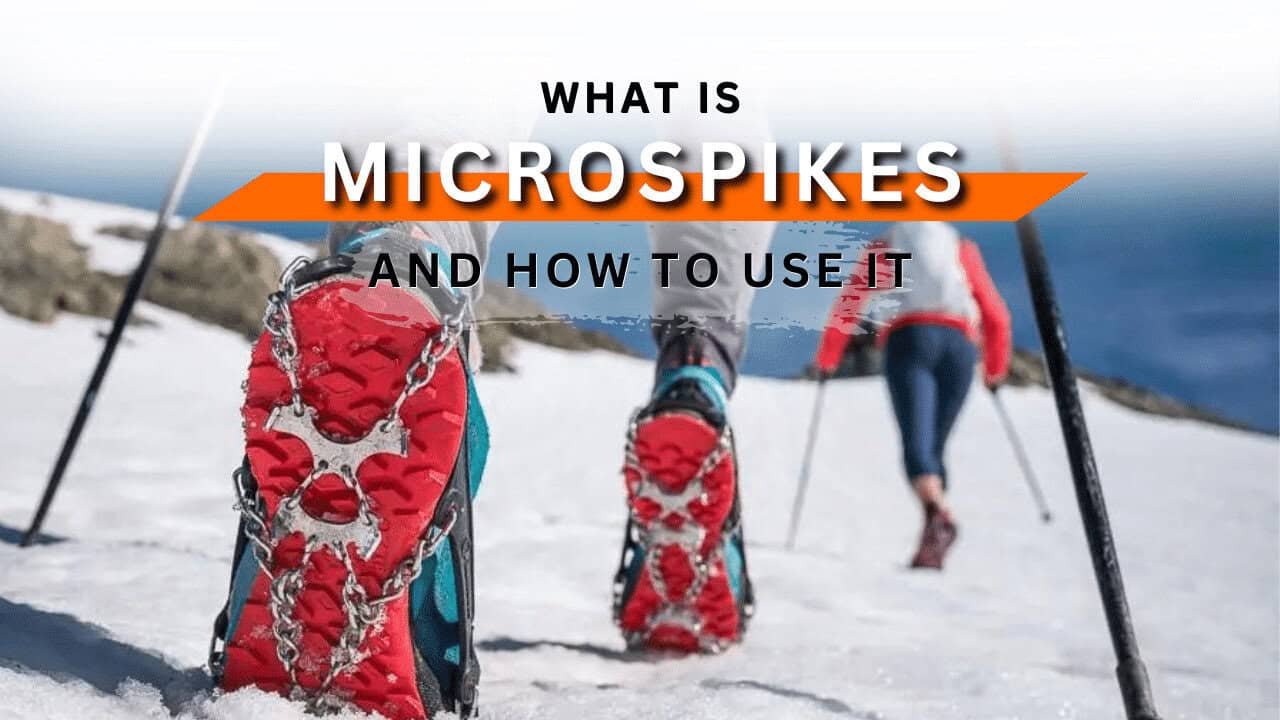
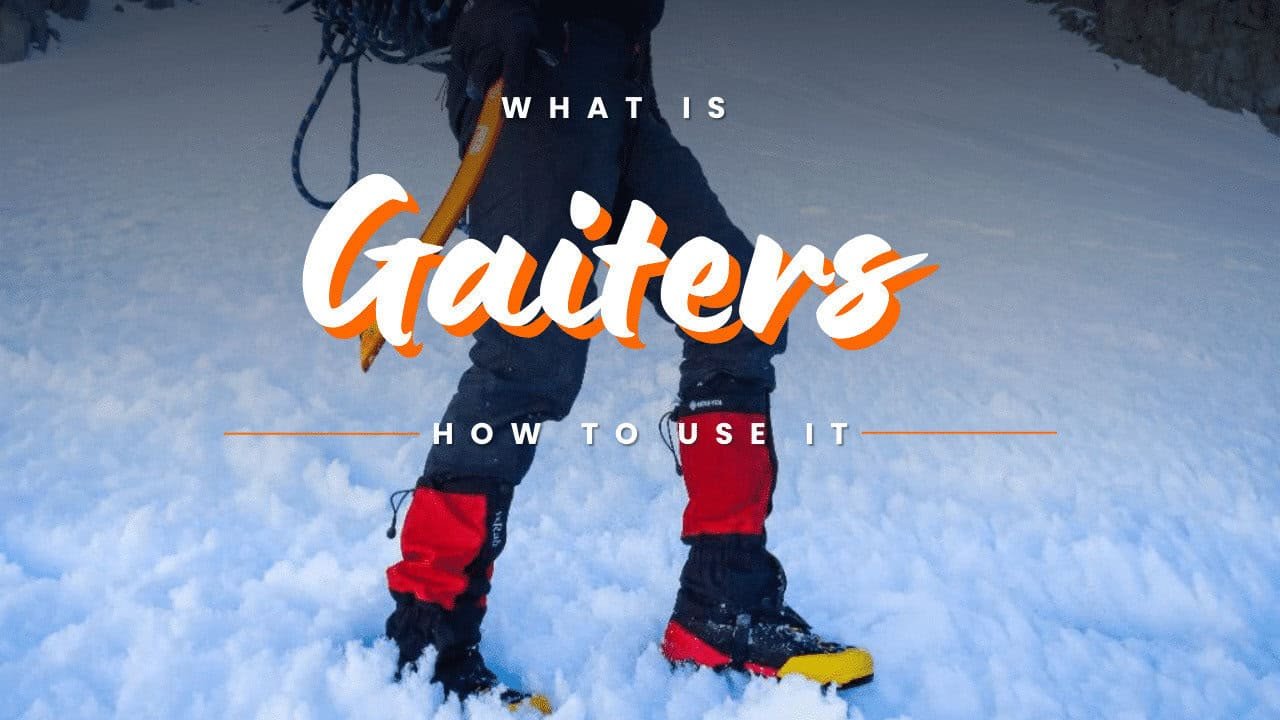
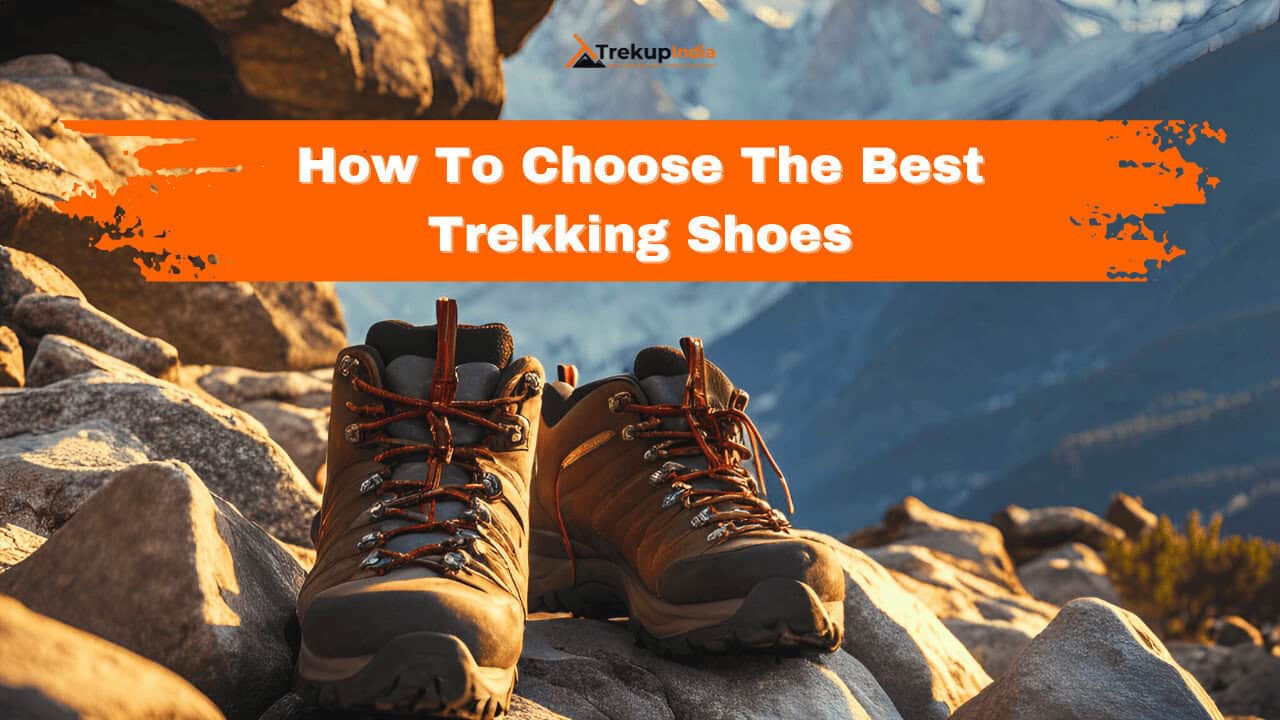

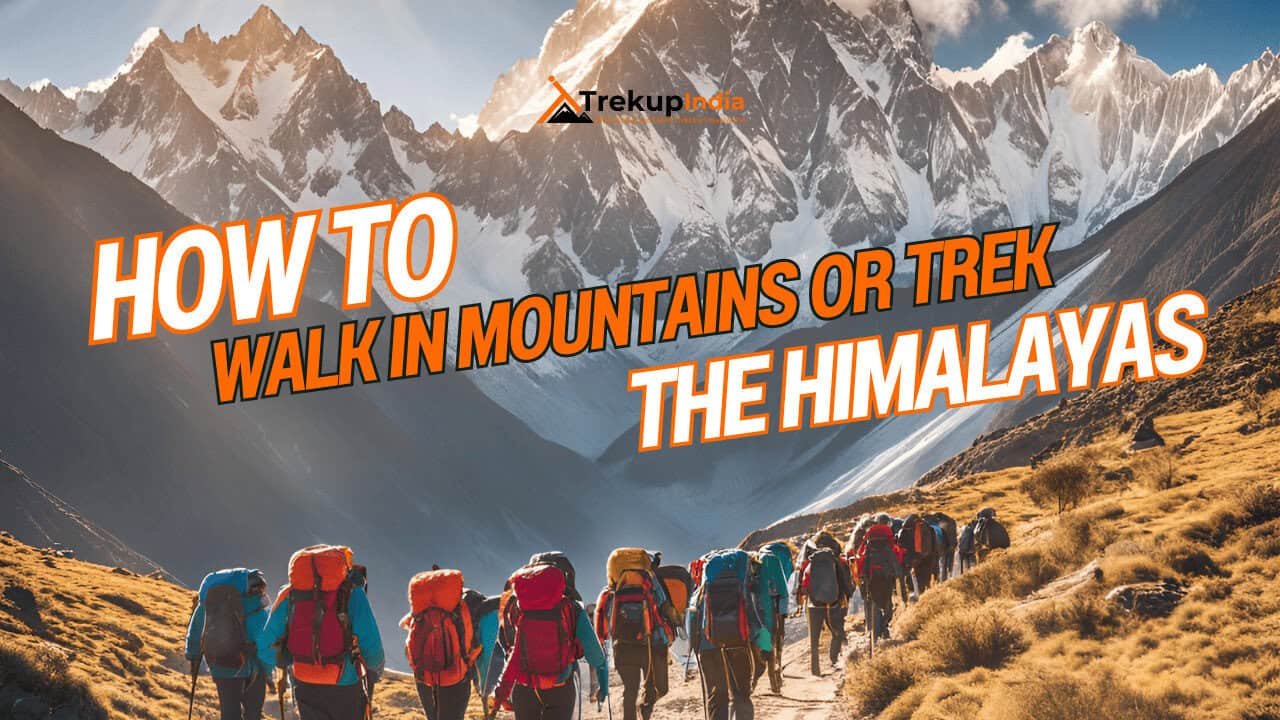

Know Everything About Acute Mountain Sickness
Acute Mountain Sickness occurs when people trek to high altitudes above 8,000 feet. This condition itself develops further due to reduced oxygen levels at such heights. Basically, as you go higher up, the air pressure and oxygen levels decrease, which causes the same problem. Acute Mountain Sickness surely causes headache, nausea, vomiting, and dizziness in affected persons. Moreover, peoples also experience difficulty in sleeping during this condition. To avoid mountain sickness, you should actually trek up slowly to higher altitudes. To learn further about this condition itself, watch the videos by Trekup India.
